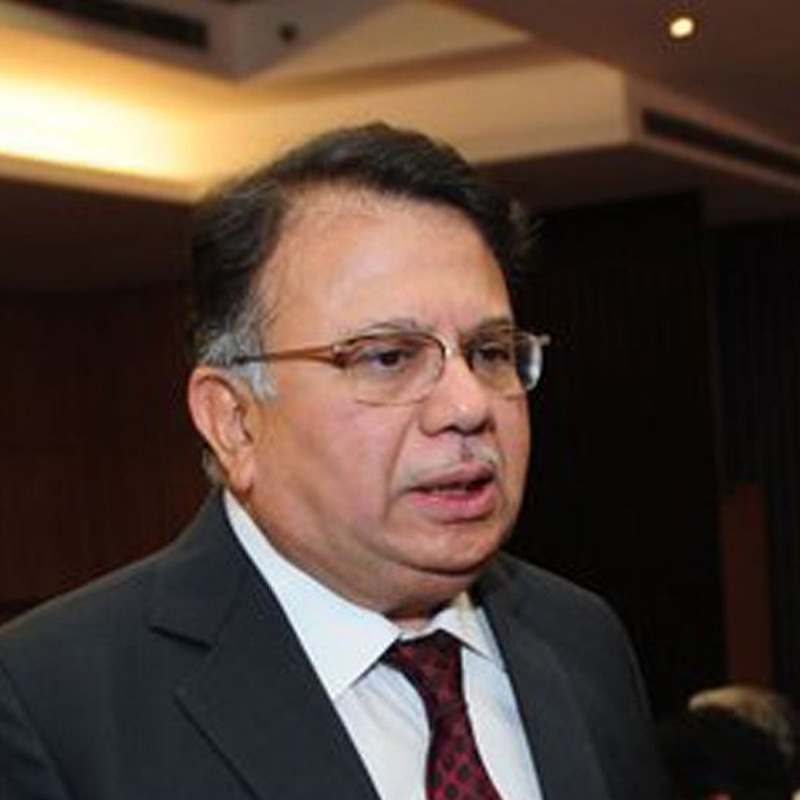BCCC objects to vulgar content in comedy shows
NEW DELHI: The Broadcasting Content Complaints Council (BCCC) has taken strong exception to double-meaning dialogues used in ?comedy shows? telecast on various general entertainment channels (GEC).
In a statement, BCCC Chairman Justice A P Shah expressed concern over this trend. The dialogues in comedy shows often border on crass, abusive, vulgar and double-meaning language with sexual overtones in the name of humour.
The BCCC feels that at times such comedy shows cross the threshold of ?generally accepted standards? in terms of language and reflect the improper attitude of participants.
While stressing it has no intention of curtailing artistic freedom, BCCC advised all member channels of the Indian Broadcasting Foundation (IBF) to exercise discretion to make television viewing more pleasurable and not let such ?comedy shows? become platforms for making lewd remarks.
The BCCC feels these ?comedy shows? should be appropriately scheduled to have the minimal impact on diverse Indian viewers. Sometimes, the content of the so-called jokes is demeaning and smutty.
The BCCC also advised IBF member channels to use friendly banters without being derisive to any community, religion and individual.
Justice Shah said "Comedy is an intrinsic part of our life and it is only natural that TV channels produce and telecast programmes that are humorous and light-hearted. The BCCC, however, feels that the line that divides healthy comedy from vulgarity, obscenity and double-meaning language must be strictly adhered to."
"This is necessary to ensure that the social message sent across through various comedy shows to millions of viewers does not overstep this all-important threshold. We are confident that the channels which telecast comedy shows will keep this in mind," he said.
This is the seventh general advisory issued by BCCC to GECs.
The earlier advisories issues earlier were on: ?Sexualisation of Children? in TV Shows (24 Dec 2012); Health & Safety of Children Participating in TV Shows (24 Dec 2012); Depiction of Animals/Wildlife in TV Programmes (19 July 2012); Telecast of Award Functions (19 July 2012); Participation of Children in TV Reality Shows (19 July 2012); and Portrayal of Women in TV Programmes (24 Jan 2012).












